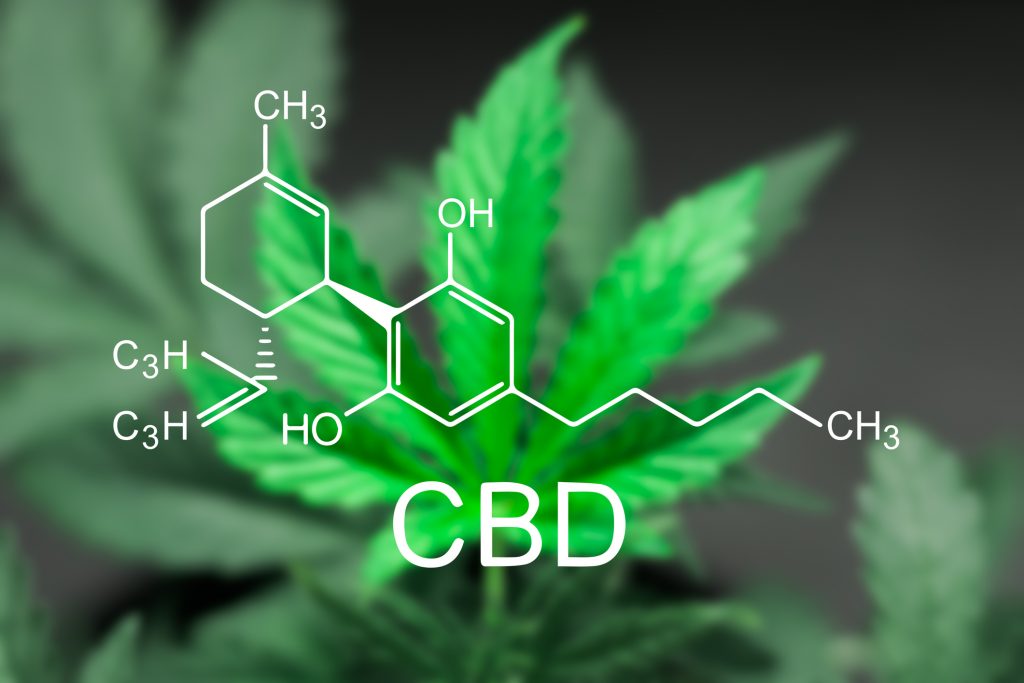You’ve undoubtedly heard about CBD in recent years, as it has grown to be a very popular supplement. However, there are several misconceptions about this solution that need to be cleared up before you incorporate it into your regimen. Here are five things every CBD user should ask themselves before taking.

1) What are the different types of CBD?
Before you buy CBD in any form, make sure you know what kind of CBD you’re getting. CBD is available in three forms: CBD Isolate, Broad-Spectrum CBD, and Full-Spectrum CBD. The purest form of CBD Isolate available is devoid of other cannabinoids, flavonoids, or terpenes, as well as any THC. It’s usually available in crystal or powder form, but it can also be found in drop form at Vitabiotics CBD.
CBD is a broad-spectrum cannabinoid that includes a variety of terpenes, cannabinoids, and flavonoids. There is no THC in this form of CBD. Finally, full-spectrum is similar to broad-spectrum in that it contains additional substances as well as THC, with varying amounts from brand to brand.
2) Is it legal and will it get me high?
In the United Kingdom, CBD is perfectly legal; in fact, it has been since 2018. In the United Kingdom, the legal THC limit is 0.2%, so no CBD goods should be sold above that.
Unlike THC, cannabidiol does not produce a “high” sensation. It’s made from the same plant as cannabis, but the psychoactive chemical – THC – is removed, so you won’t feel any effects. Even full-spectrum products with very tiny amounts of THC will not create a euphoric feeling.
3) What can it be used to treat?
The high oils in hemp, specifically cannabidiol (CBD), can be used to treat a wide range of ailments. CBD has been shown to help with conditions including anxiety, insomnia, pain and inflammation, as well as IBS. Pets can also benefit from the relaxing and soothing effects!
CBD’s ability to bind with CB receptors is one of the reasons it works for so many conditions in the body. We already have an endocannabinoid system that is an internal system composed of endogenous cannabinoids that CBD interacts with, and which has evolved as a response to our own natural chemicals (endocannabinoids).
4) Is there standardised dosing?
While CBD is legal, there are no standardised dosing measures, as people react differently to CBD strengths. So, what works well for one person may not be effective for another. In these instances, it’s best to start off low and build up to find the right level for your own body. However, do not exceed 70mg per day.
5) Does CBD interact with other drugs or appear on drug tests?
THC is a cannabinoid, and trace quantities of THC may be found in full-spectrum CBD. However, CBD isolate does not include any THC and will not show up on drug tests.
CBD, much like other foods or supplements, can interact with a variety of medicines. So, if you’re taking prescription drugs such as antidepressants, blood thinners, or anti-seizure medication, you should avoid CBD. It’s essential to double-check with your GP before taking CBD since it might cause problems when taken alongside certain prescription drugs.
Leave a Reply